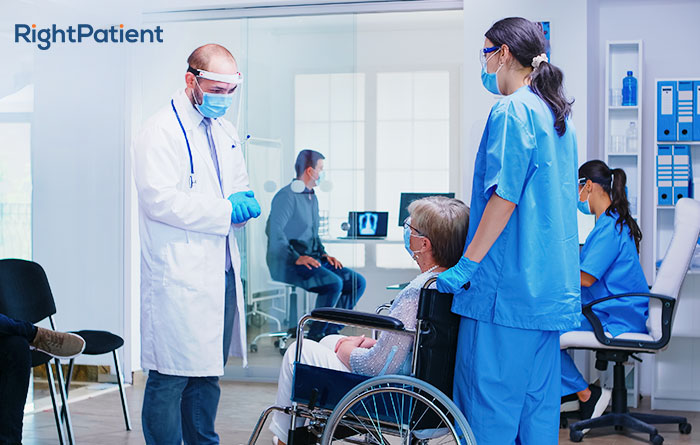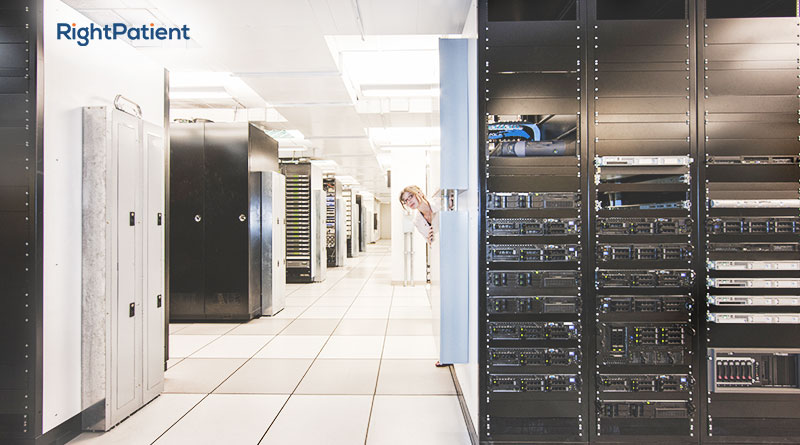How Big Data is Changing Medicine

The following guest post on big data in healthcare was submitted by Chris Saviano.
Big Data is one of those buzz terms you’ll see all over the internet. Something about it sounds slightly sinister, like Big Tobacco. But Big Data is more innocuous: it’s just a term used to define large amounts of data. It can encompass any sort of data coming in, from marketing and demographics data to stock ticker data. In the terms of healthcare, that will mean electronic medical records data, aggregated research and payer information, to name a few sources. And this Big Data is changing medicine in a big way.

Big Data is more than just a buzzword in healthcare – it is fundamentally changing care delivery as we know it.
Improved technology
Monitors themselves are changing, thanks to Big Data. CNBC reported on a tiny heart monitor patch that can generate 30,000 pages of data on a patient’s heartbeat, and then distill it into a 15-page full report for physicians. The device is made up of a chip and two electrodes.
All of these data points are compiled into a huge database, which grows with each new patient the device monitors. The machine-learned capability gets smarter with each new addition. Then with each new set of data, that helps doctors diagnose faster.
Patient care streamlining
One of the more noteworthy ways Big Data is changing medicine is through better patient care, the heart of any good medical facility. Large amounts of data collected from patients can help doctors educate patients during treatment decisions. Having a wider set of data available helps doctors tailor solutions to each patient.
One of the biggest advantages of Big Data is that it offers a predictive model for patient outcomes. This can result in earlier diagnosis and reduced mortality from conditions like sepsis or congestive heart failure.
According to MapR: “A machine learning example from Georgia Tech demonstrated that machine learning algorithms could look at many more factors in patients’ charts than doctors, and by adding additional features, there was a substantial increase in the ability of the model to distinguish people who have CHF [congestive heart failure] from people who don’t.”
Increased security
MapR also reported on the security features of Big Data in healthcare. Predictive analytics help payers identify inaccurate claims and fraud. Big Data helps with this in that companies can go back into large messes of datasets for past claims and use machine-learning algorithms to detect patterns in fraud.
Key red flags in data include reusing services in short time periods, duplicate charges for healthcare across different hospitals at the same time and prescriptions filled at the same time in different locations. Through this system, companies can assign risk scores based on past behavior and find items of note in large seas of data that would have been impossible to find before.
Faster, more efficient breakthroughs
Big Data is changing medicine behind the front lines of patient care, as well. Researchers looking at gene variants made a search function for the huge sums of data they’ve pulled during gene research. The functionality is called MARRVEL (Model organism Aggregated Resources for Rare Variant Exploration) , but you can think of it as Google for the human genome. Researchers anywhere can also search the database in minutes.
Author Bio:
Chris Saviano is responsible for Business Development and Sales at PGM Billing and leads PGM’s product integration between proprietary cloud-based practice management software and integrated back office service operations.








Leave a Reply
Want to join the discussion?Feel free to contribute!